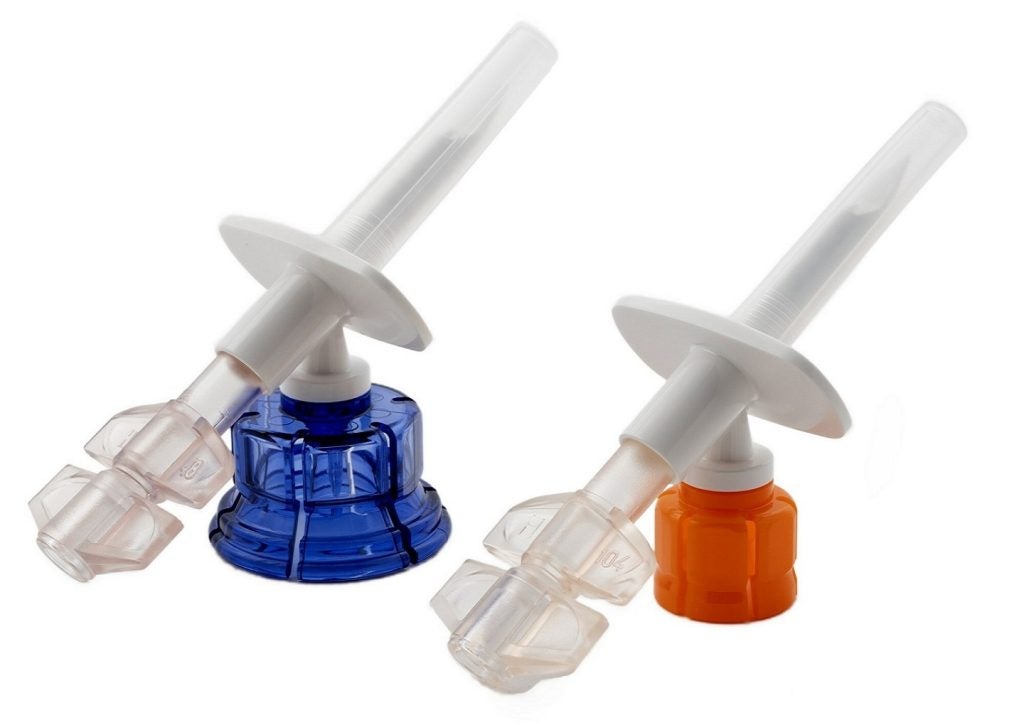Medical device company EndoQuest Robotics has secured $42m in a C-1 preferred financing round for advancing its endoluminal robotics technology.
The robotic system offers flexibility and precision, along with improved patient outcomes. It is designed to navigate and conduct procedures within the luminal spaces of the body.
Legacy EndoQuest investors CE Ventures and McNair Interests led the financing round and were joined by new investor Puma Venture Capital.
The funding will help the company progress with the development of its flexible endoluminal robot, designed to enhance minimally invasive procedures.
This new capital will play a crucial role in advancing initiatives such as further research and development, regulatory milestones, and in driving commercialisation efforts.
Puma Venture Capital senior venture partner and co-founder Dr Vipul Patel said: “I've had the privilege of seeing just about every robotic surgical system either in development or on the market today and can honestly say that EndoQuest's system is a true game-changer for both physicians and patients.”
EndoQuest works with healthcare providers, researchers, and industry partners to promote the use of its flexible endoluminal robotic system.
The company is developing advanced endoluminal interventions for therapeutic endoscopists and surgeons to carry out upper and lower gastrointestinal surgery less invasively.
EndoQuest Robotics CEO Kurt Azarbarzin said: “Our investors share our vision of leveraging robotics to redefine the possibilities in minimally invasive procedures.
“This financing enables us to continue innovating and refining our technology, ultimately improving patient care and transforming the future of endoluminal interventions.”
The robot, which is under development, has not received clearance from the US FDA and is not intended for commercial sale in the country.
In February 2023, the company announced a partnership with VirtaMed for the development of an advanced robotic surgical training simulator to support procedural training for its Endoluminal Surgical System.















